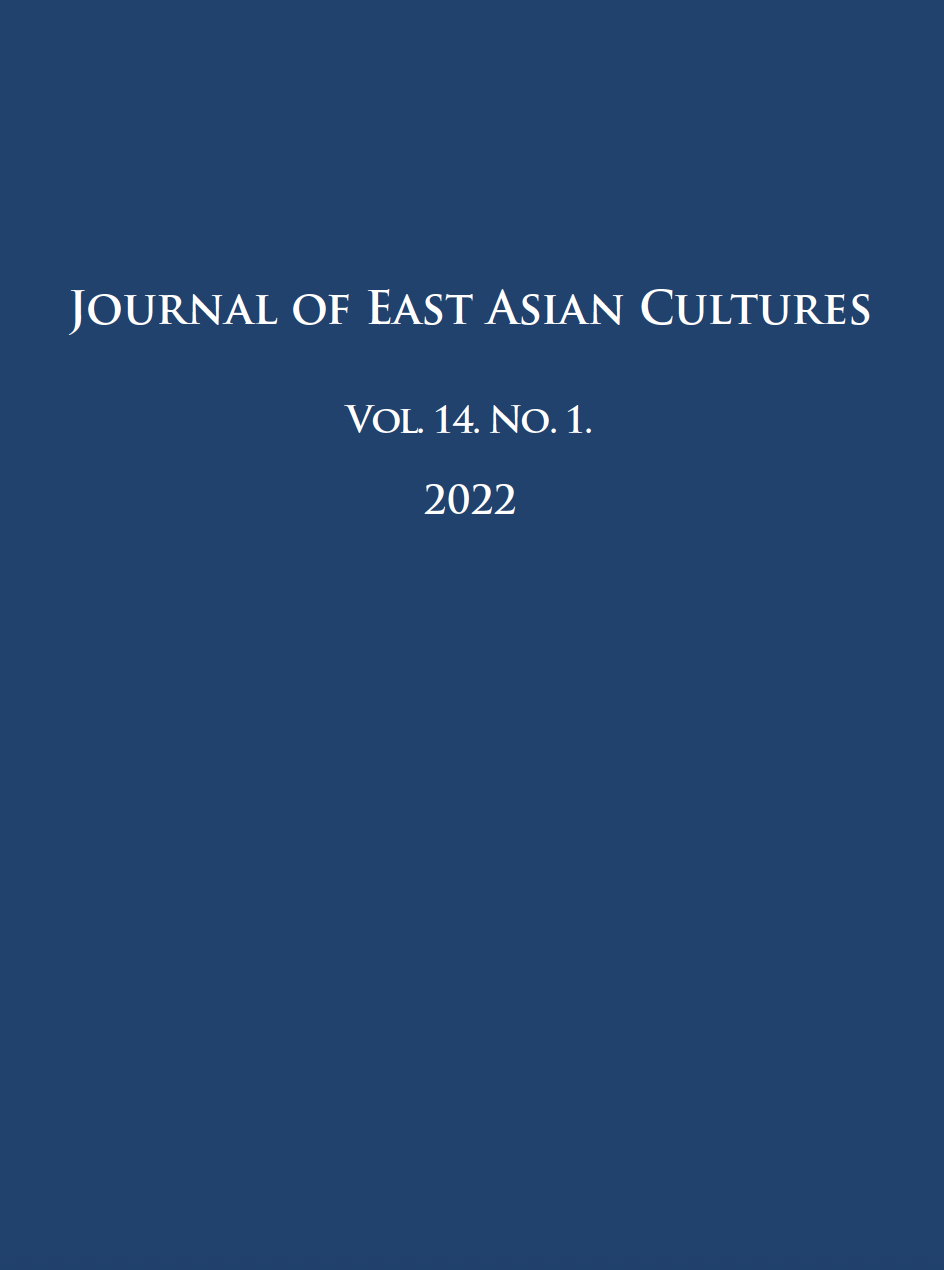A Tale of Two Potalakas : Intercultural Relations Between China and Korea Examined Through Maritime Buddhism
A Tale of Two Potalakas : Intercultural Relations Between China and Korea Examined Through Maritime Buddhism
Author(s): Erika Erzsébet VörösSubject(s): Theology and Religion
Published by: Eötvös Loránd Tudományegyetem
Keywords: Potalaka; Naksan Temple; Mount Putuo; maritime religion; Kaeyang Halmi
Summary/Abstract: Several places around the world have been identified as Potalaka, which was originally thought to be located in South India. The most well-known among these places are Mount Putuo in China and Naksan Temple in Korea. Geographically speaking, Korea is connected to China by sea, which acted as a source of cultural and material resources for a long time. For this reason, throughout history the sea became the stage of cultural exchanges between these two regions. The sea was the channel through which faith in Avalokiteśvara entered Korea from China, and where the traditions of Buddhism merged with beliefs in indigenous sea gods. The present paper focuses on the cultural exchanges between Korea and China, with special emphasis on the role that the sea played in this process examined through the faith in Potalaka.
Journal: Távol-keleti Tanulmányok
- Issue Year: 14/2022
- Issue No: 1
- Page Range: 105-139
- Page Count: 35
- Language: English

